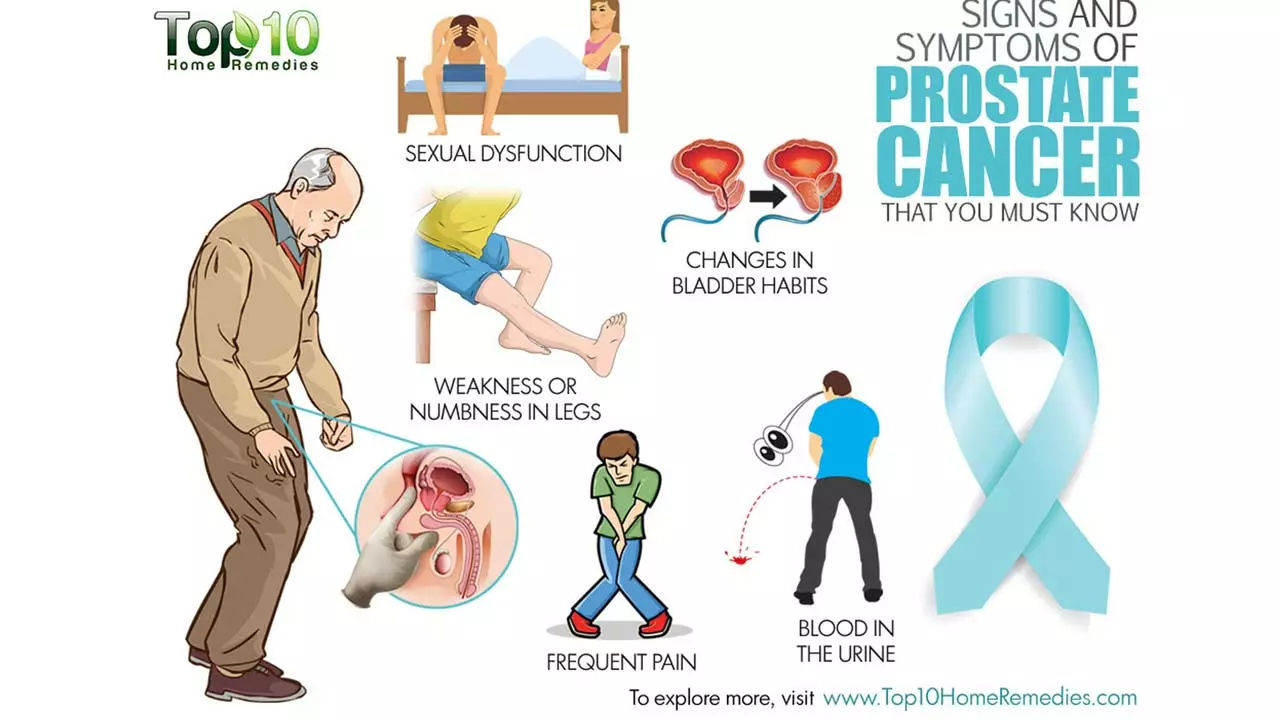Everything You Should Know About Prostate Cancer
Prostate cancer is a serious health issue affecting many men, especially as they get older. If you’re wondering what prostate cancer is, here’s the straight talk: it’s cancer that starts in the prostate gland, the small walnut-shaped part of the male reproductive system. Many cases grow slowly, and some men may not even notice symptoms early on.
Spotting Prostate Cancer Early
Since prostate cancer can be silent at first, early detection is crucial. Common ways doctors check include the PSA blood test, which measures prostate-specific antigen levels, and a digital rectal exam. If results raise concerns, further tests like biopsies or imaging scans come into play. Don’t wait for symptoms—regular screening can catch cancer when it’s still manageable.
Understanding Treatment Options
Treatment depends on how far the cancer has spread and the patient's overall health. Sometimes, doctors recommend active surveillance, which means closely watching the cancer without immediate treatment. For others, surgery or radiation therapy may be necessary. Newer options include hormone therapy and targeted drugs. Each choice has pros and cons, so talking openly with your healthcare provider helps you find what works best for you.
If you’re dealing with prostate cancer or just want to stay informed, knowing the facts helps you make smart decisions. Lifestyle changes like a healthy diet, exercise, and avoiding smoking can support prostate health. Remember, the earlier you act, the better your chances for a positive outcome.

Flutamide and Prostate Cancer: Debunking Common Myths and Misconceptions
As a blogger, I often come across various myths and misconceptions about medical treatments, and today, I want to discuss Flutamide and its role in treating prostate cancer. Flutamide is an anti-androgen medication that works by blocking the action of male hormones, effectively slowing down the growth of cancer cells. Many people mistakenly believe that it causes severe side effects, but in reality, these side effects are quite manageable and can be mitigated with proper care. It's also important to note that Flutamide isn't a cure-all and should be used in conjunction with other therapies for optimal results. So, let's put the misunderstandings to rest and trust the science behind Flutamide as a viable treatment option for prostate cancer.
Read More